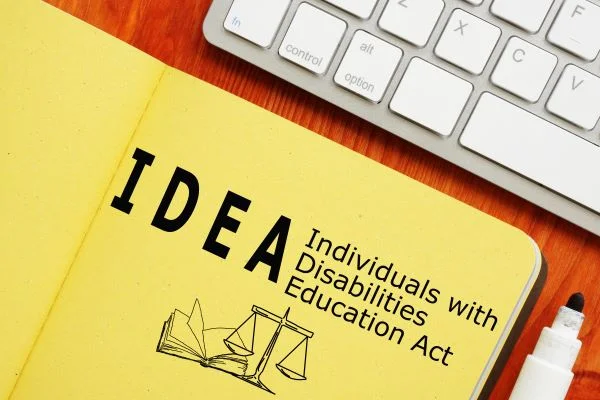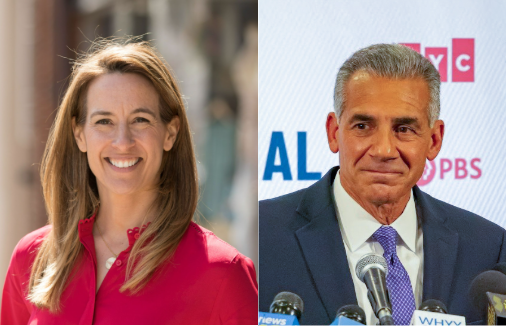On Thursday, May 22, the Department of Homeland Security announced that it would put a ban on Harvard’s ability to admit international students, preventing current and future students from attending the university. Harvard immediately sued the Trump administration for this move the following day and successfully won a temporary restraining order against the edict, as stated by BBC News.
The lawsuit involved Boston judge Allison D. Burroughs, who was appointed by former president Barack Obama in 2014. According to AP News, Harvard stated that the attempt to prevent international students from being admitted into the school was unconstitutional, going against the First Amendment which protects freedoms. The edict, if issued, would nullify Harvard’s certification in the Student and Exchange Visitor Program, which helped admit over a fourth of the student body in the 2024-2025 academic year.
“We condemn this unlawful and unwarranted action,” Harvard’s president wrote, addressing the Harvard community, according to The New York Times. “[the decision] imperils the futures of thousands of students and scholars across Harvard and serves as a warning to countless others at colleges and universities throughout the country who have come to America to pursue their education and fulfill their dreams.”
The federal judge’s verdict left the lawsuit pending, halting the administration’s goals for the time being.
The decision was not entirely unexpected. Earlier this year, the Department of Homeland Security canceled thousands of student visas with no explanation, leaving college heads confused. According to USA Today, the administration later revealed during a court trial that the immigration records were cross-referenced with a separate national criminal database. If the student were found to have committed a crime in the past, even those as minor as traffic violations, the student would have their legal status altered and be put at risk of being deported. The administration justified its actions by accusing international students of supporting Hamas, such as with the Columbia University protests throughout March.
Since the Trump administration’s announcement, international students currently attending Harvard have expressed their concerns. The student body co-president Abdullah Shahid Sial, a foreign student from Pakistan who is currently in Japan, told CNN that he was “unsure whether he will be allowed back into the US, or if he will be able to stay [at the university].”
“The US also benefits heavily from having the best in the world come to the university and study. And then they’ve been dehumanized and disrespected,” Sial said.
One way international students benefit universities is by making up for financial shortcomings. International students typically pay full price for tuition, unlike many domestic students who receive financial aid and only pay part of their tuition. Due to the higher tuition costs paid by foreign students, domestic students are able to pay the lowered costs. Reducing international students could thus pose financial problems for many universities, especially as such students make up a prominent portion of the student population for most universities.
This is not the first time that Harvard and the Trump administration have been involved in a conflict regarding the president’s recent efforts to change the country’s education system. Last month, the administration faced backlash after attempting to change education curriculums and admissions policies. According to The Times, the decision was made in part of the administration’s mission to “reshape academia’s race-based admissions policies and perceived liberal bias.” Similarly then, Harvard had responded with a lawsuit.
Additionally, in 2023, the Supreme Court successfully repealed affirmative action in college admissions, deeming it unconstitutional. With these series of actions, tensions have been growing between the government’s new political agenda and universities like Harvard.
Harvard holds a prestigious status not only as one of the world’s top universities education-wise, but also as a universal hub where individuals from all different backgrounds can attend. The Department of Homeland Security’s attempt to bar international student admissions risks creating a homogenous university setting in which diversity is not a necessity, but rather an unneeded standard. While lawsuits are expected to continue regarding the larger issue of immigration, for now, the future of America’s education system remains unsure.

















































































































































